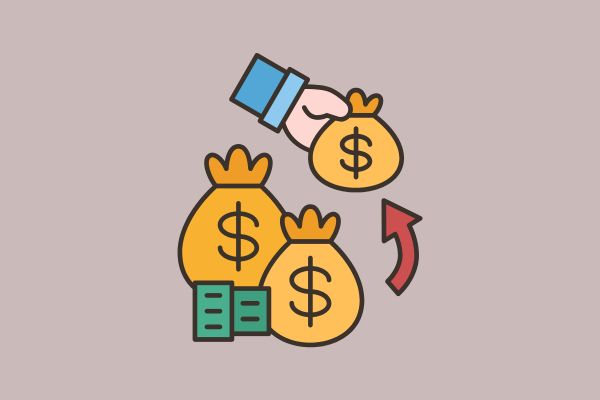What is Corruption? How can a person committing acts of corruption be subject to criminal liability?
What is Corruption?
Based on Clause 1, Article 3, Anti-Corruption Law 2018, corruption is the act of an individual with a position, power who has abused that position, power for personal gain.
In which:
- An individual with a position, power is someone who is appointed, elected, recruited, contracted, or in another form, whether paid or unpaid, assigned to perform certain duties, public duties, and has certain authority while performing those duties, including:
+ Officials and public employees;
+ Officers, professional soldiers, workers, defense public employees in agencies, units under the People's Army; officers, non-commissioned officers of operational techniques, technical specialists, workmen, and security forces in agencies, units under the People's Police;
+ Representatives of state capital in enterprises;
+ Individuals holding management positions in enterprises, organizations;
+ Other individuals assigned to perform duties and have authority while performing those duties.
- Personal gain is when an individual with a position, power has abused that position, power to obtain undue material or non-material benefits.

What is Corruption? How might an individual who engages in corrupt acts be criminally prosecuted?
What are the behaviors of corruption according to current legal regulations?
Based on Article 2, Clause 9, Clause 10 of Article 3, Anti-Corruption Law 2018 and Clause 3 of Article 217, Enterprise Law 2020, corrupt behaviors include:
(1) In the Public Sector
- Corrupt behaviors in the public sector committed by individuals with positions, power in agencies, organizations, units in the public sector include:
+ Embezzlement of assets;
+ Bribery;
+ Abuse of position, power to appropriate assets;
+ Abuse of position, power while performing duties for personal gain;
+ Excessive power while performing duties for personal gain;
+ Abuse of position, power to influence others for profit;
+ Falsification of work for personal gain;
+ Offering bribes, soliciting bribes to resolve work of agencies, organizations, units, or localities for personal gain;
+ Abuse of position, power to illegally use public assets for personal gain;
+ Harassment for personal gain;
+ Not performing, not properly performing or incompletely performing duties for personal gain;
+ Abuse of position, power to cover for individuals violating the law for personal gain; obstructing, illegally interfering with oversight, inspection, auditing, investigation, prosecution, adjudication, enforcement of sentences for personal gain.
(2) Outside the Public Sector
- Corrupt acts outside the public sector committed by individuals with positions, power in enterprises, organizations outside the public sector include:
+ Embezzlement of assets;
+ Bribery;
+ Offering bribes, soliciting bribes to resolve the work of their enterprise, organization for personal gain.
How will individuals engaging in corrupt acts be criminally prosecuted?
If an individual engages in corrupt behavior, meets the factors constituting a crime among the Corruption Crimes as prescribed in Articles from 353 to 359 Criminal Code 2015, the highest penalty will be capital punishment.
In which, the following crimes can be listed:
- The crime of embezzlement of assets as stated in Article 353 Criminal Code 2015.
- The crime of bribery stated in Article 354 Criminal Code 2015.
- The crime of abusing position, power to appropriate assets as stated in Article 355 Criminal Code 2015.
- The crime of abusing position, power while performing duties stated in Article 356 Criminal Code 2015.
- The crime of excessive power while performing duties stated in Article 357 Criminal Code 2015.
- The crime of abusing position, power to influence others for profit stated in Article 358 Criminal Code 2015.
- The crime of falsification of work stated in Article 359 Criminal Code 2015.
Depending on the level of the act, the consequences caused by corrupt acts along with aggravating or mitigating circumstances, the violator will be subject to an appropriate penalty.
What acts are prohibited in the fight against corruption?
Based on Article 8 Anti-Corruption Law 2018:
Prohibited Acts
1. Corrupt acts prescribed in Article 2 of this Law.
2. Threatening, retaliating, suppressing, disclosing information about individuals who reflect, report, accuse, denounce, inform, provide information about corrupt acts.
3. Taking advantage of reflecting, reporting, accusing, denouncing, informing, providing information about corrupt acts to slander other agencies, organizations, units, individuals.
4. Covering up corrupt acts; obstructing, illegally interfering with the detection, handling of corruption and other acts violating the law on anti-corruption prescribed in Section 2, Chapter IX of this Law.
Thus, there are 4 prohibited acts in anti-corruption work as stated above.
LawNet